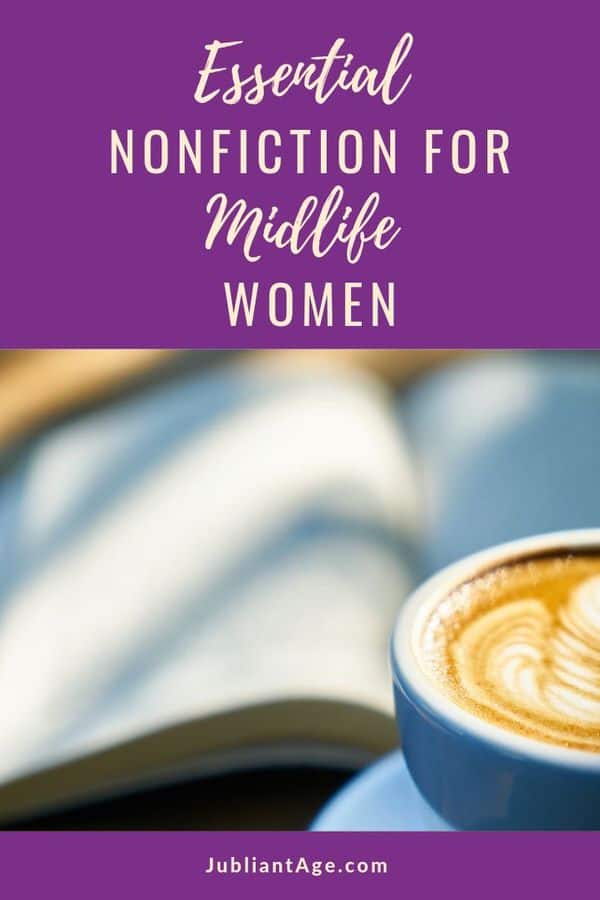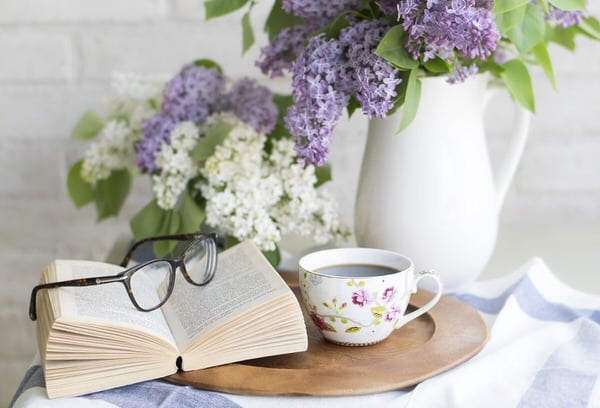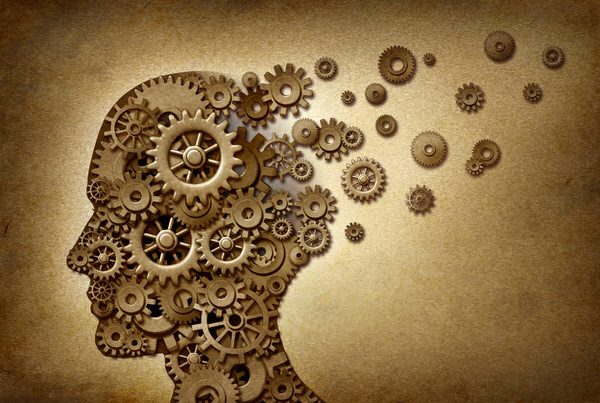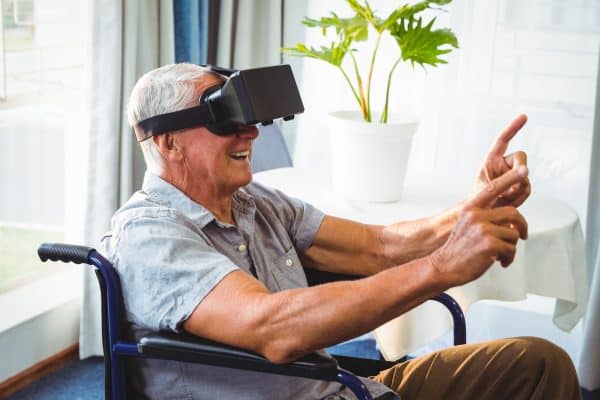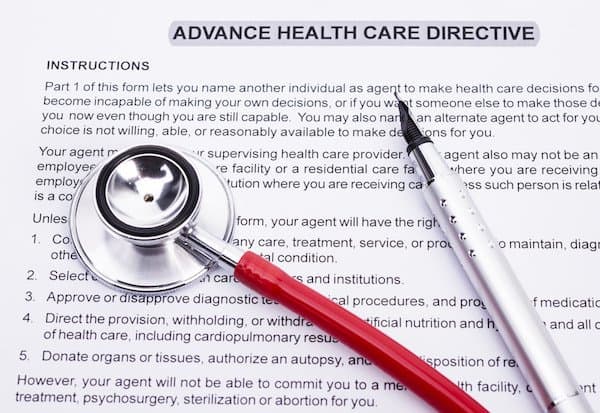While I enjoy a new or classic fiction book as much as anyone else, I really love nonfiction. Memoirs, well-researched topics, advice from people who know what they’re talking about (a.k.a. self-help books). Actually, I love the self-help genre: it’s fun to try out their advice and see what works for you.
My list of essential nonfiction for midlife women focuses on titles that I’ve found helpful or interesting. Sometimes they’ve given me ideas to solve the problems I’m facing. Other times, however, they’ve helped me realize that my problems aren’t really as bad as I might have thought.
These books will help you navigate your journey through midlife. I’ve grouped them roughly by topic as I found them to be helpful. Choose one or two and let me know what you think.
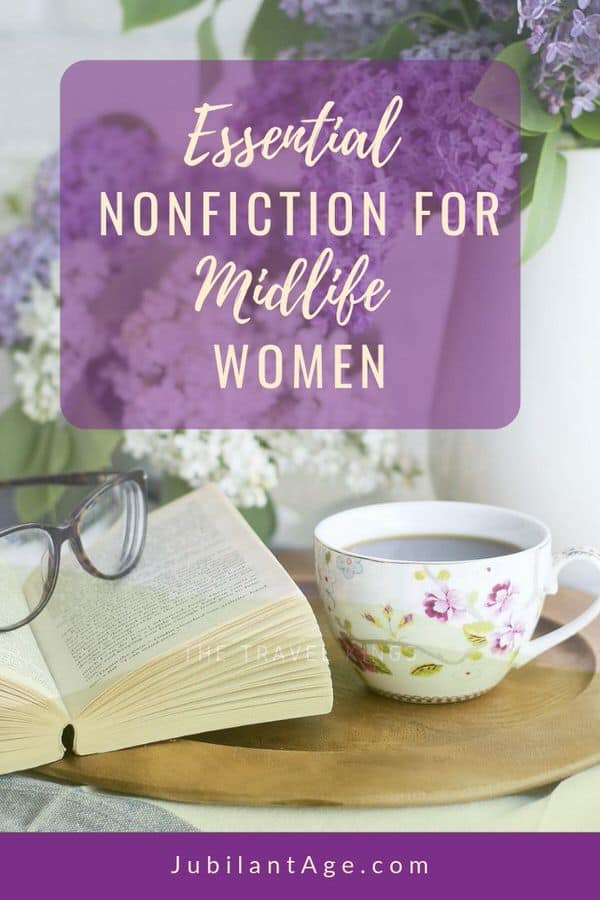
Pursue health as you age
What Patients Say, What Doctors Hear* by Danielle Ofri. Using interviews and other research, Ofri describes doctor-patient interactions with human stories. You’ll learn how to communicate more effectively with your doctor. This book makes my list of essential nonfiction for midlife women because face it: most of us are going to be spending more time talking with doctors as we age.
Meditation for Optimum Health* by Andrew Weil and Jon Kabat-Zinn. See also Kabat-Zinn’s classic, Full Catastrophe Living*. I listen to the audiobook of Meditation for Optimum Health in the middle of the night when I’m having trouble sleeping. If you’re new to Jon Kabat-Zinn, his book on mindfulness meditation (Full Catastrophe Living) is a must-read.
Super Brain: Unleashing the Explosive Power of Your Mind to Maximize Health, Happiness, and Spiritual Well-Being* by Rudolph E. Tanzi and Deepak Chopra. Tanzi, a prominent expert on Alzheimer’s from Harvard Medical School, teams with spiritual giant Chopra. They help you learn how you can reduce the risks of aging, experience happiness and promote well-being. In short, they urge you to “use your brain instead of letting it use you.”
BodyWise: Discovering Your Body’s Intelligence for Lifelong Health and Healing* by Rachel Carlton Adams. The author recommends diet and lifestyle changes you can make to heal problems like weight gain, exhaustion, low libido, and so on. She maintains that tapping into your body’s own intelligence will allow you to live a healthier, happier life. For a review of BodyWise, click here.
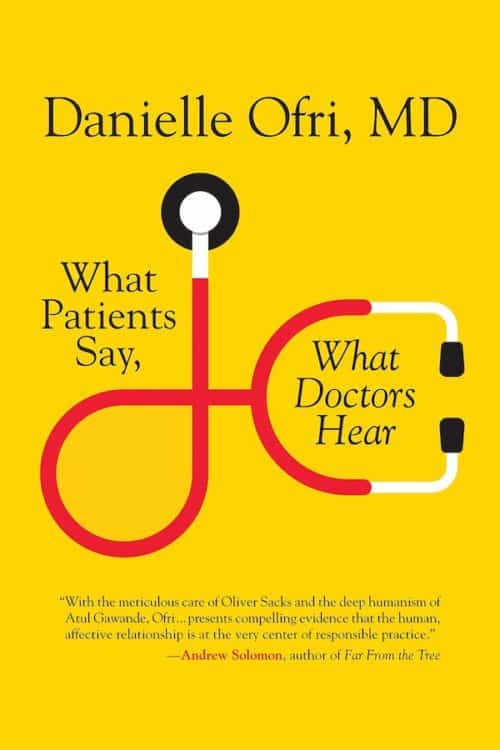
Understand dementia
Learning to Speak Alzheimer’s: A Groundbreaking Approach for Everyone Dealing with the Disease* by Joanne Koenig Coste and Robert Butler. This book gave me insights and practical tips to help me deal with my mom. I especially appreciate how it honors the person with dementia. There’s an emphasis on ceasing to expect them to obey the “rules” of our world and instead choose to enter their world. As a result, you’ll achieve better communication and experience fewer “problem behaviors” among people with dementia.
The 36-Hour Day: A Family Guide to Caring for People Who Have Alzheimer Disease, Other Dementias, and Memory Loss* by Nancy L. Mace and Peter V. Rabins. This classic text, now in its 5th edition, helps families who are caring for people with dementia. You can read a chapter at a time or use the index to find advice on a specific issue your loved one is experiencing.
Finding Grace in the Face of Dementia* by John Dunlop. Experienced geriatrician Dunlop offers a Christian perspective on this life-altering disease. Using stories from his practice, he notes how caregivers and the community can honor God through the tragedy of dementia. In his Biblical view of the condition, the author focuses on the inherent dignity of all human beings as people who are made in God’s image.
Creating Moments of Joy Along the Alzheimer’s Journey: A Guide for Families and Caregivers* by Jolene Brackey. Also in its 5th edition, this book makes the point that people with memory loss may not be able to have a good day in its entirety, but they can experience a good moment. It offers suggestions for family and caregivers, while also encouraging readers to learn about themselves even as they are caring for a loved one.
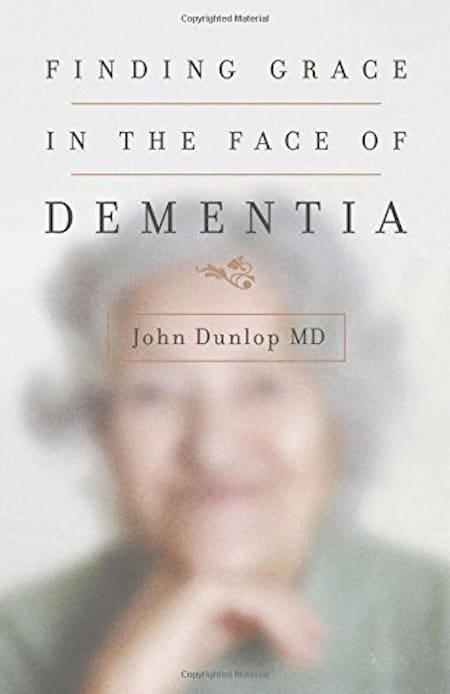
Find your purpose at midlife
Designing Your Life: How to Build a Well-Lived, Joyful Life* by Bill Burnett and Dave Evans. I review this book and recommend it to anyone who is looking to reinvent herself or renew her sense of meaning and purpose at midlife. It provides anecdotes and exercises that help you think through important questions. Best of all, it encourages the reader to “prototype,” or try out different options along the way.
Life Reimagined: The Science, Art, and Opportunity of Midlife* by Barbara Bradley Hagerty. Veteran NPR journalist Hagerty compiles research from neuroscience, genetics and psychology, illustrated with stories from her own life, to provide an inspiring look at midlife’s possibilities.
The Road Back to You: An Enneagram Journey to Self-Discovery* by Ian Morgan Cron and Suzanne Stabile. The authors explore the Enneagram’s ancient wisdom alongside its connection to Christian spirituality. Their goal is to help you become a more authentic, wiser and compassionate version of yourself.
The Second Mountain: The Quest for a Moral Life* by David Brooks. Noted author, New York Times op-ed writer and TV commentator wrote this book partly as a response to his bestseller The Road to Character*. Instead of examining character formation as an individual task, this new book analyzes commitments to others as the true source of joy. Brooks explains in his introduction:
If the first mountain is about building up the ego and defining the self, the second mountain is about shedding the ego and losing the self. If the first mountain is about acquisition, the second mountain is about contribution. If the first mountain is elitist – moving up – the second mountain is egalitarian – planting yourself amid those who need, and walking arm in arm with them.
David Brooks, The Second Mountain
Finding Your Element: How to Discover Your Talents and Passions and Transform Your Life* by Ken Robinson and Lou Aronica. A companion guide to Sir Ken Robinson’s bestseller The Element*, this book gives you practical tips on how to discern your unique combination of passions and talents. It’s easy to digest, a chapter at a time. I recommend the audio version, which is narrated by the author himself.
If you’d like a sample of Robinson’s message that will help you see why his book appears on my list of essential nonfiction for midlife women, check out his TED talk. It’s been seen over 17MM times.
Change society’s views on aging
The Longevity Economy: Unlocking the World’s Fastest-Growing, Most Misunderstood Market* by Joseph F. Couglin. Founder and director of the Massachusetts Institute of Technology (MIT) AgeLab combines demographic, social and economic analysis to describe the changing world of work. He suggests how businesses can profit from adapting to older workers and older consumers. He also has an interesting discussion of his opinion that “the future is female.”
Women Rowing North: Navigating Life’s Currents and Flourishing As We Age* by Mary Pipher. Psychologist and author of Reviving Ophelia*, a book about adolescent girls, Pipher now turns her attention to women in their 60s and 70s. She describes how their self-concept varies with long-held societal views of older women and prescribes how women can nevertheless flourish as they age.
Disrupt Aging: A Bold New Path to Living Your Best Life at Every Age* by Jo Ann Jenkins. This book by the CEO of AARP challenges societal notions that older people are fit only for the margins of economic and social life. With engaging stories and illustrations from her own life and others, she describes how we can push the limits and write our own narratives of health, wealth and happiness as we grow older.
The Happiness Curve: Why Life Gets Better After 50* by Jonathan Rauch. Journalist Rauch uses research and data-driven analysis to illustrate that personal happiness follows a U-curve: it sinks in your 40s and begins to climb again in your 50s. Then continues to rise for the rest of your life. Similarly to The Second Mountain, this book identifies a fundamental shift that occurs in midlife – from competition to compassion. A shift that ultimately leads to more and lasting happiness.
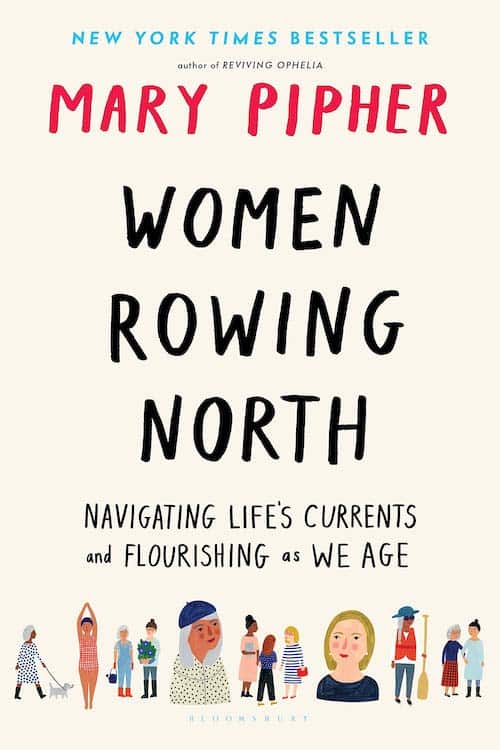
Read to make you think
Being Mortal: Medicine and What Matters in the End* by Atul Gawande. A practicing surgeon, professor at Harvard Medical School and staff writer at The New Yorker, Gawande writes about the tension between doctors’ training to do everything possible to preserve life, and what matters most to people at the ends of their lives. Which he posits is not undergoing another invasive medical treatment in the hope of living a bit longer. This beautifully written treatise on the end of life will help you appreciate your elders and clarify your own wishes.
Measure What Matters: How Google, Bono, and the Gates Foundation Rock the World with OKRs* by John Doerr and Larry Page. I read this because I thought it would help me become a better nonprofit board member. What I didn’t expect was that reflecting on OKRs (Objectives and Key Results) as management tools would also lead me to consider creating them for my own life. This book goes well with Designing Your Life. It will help you develop milestones and measure your progress.
Hillbilly Elegy: A Memoir of a Family and Culture in Crisis* by J.D. Vance. This memoir of growing up in a Rust Belt town offers an inside view of white working-class communities that have been declining in America for the past 40 years. Although Vance himself left to become a Marine and graduate from Yale Law School, he advocates for his “hillbilly” community from their midst. This book helped me understand the human side of rural poverty and opioid addiction in a way that statistics can’t.
Why do I consider this book to be essential nonfiction for midlife women? Because it offers an authentic picture and personal perspective on an issue of great importance to our country’s political and economic climate.
Behind the Beautiful Forevers: Life, death, and hope in a Mumbai undercity* by Katherine Boo. I read this book before traveling to India, and it opened my eyes to the vast world that tourists never see. It represents more than 3 years of research by the Pulitzer Prize-winning author, who went to live among the inhabitants of a real Mumbai slum. She offers a moving account of everyday life for the “have nots” who live there. You see the people as very different from and yet not unlike yourself. Worth reading, even if you’re not planning a trip to India!
What else should be essential nonfiction for midlife women?
So that’s my list of essential nonfiction for midlife women. You may or may not agree with my selections. I’ll be the first to admit that the list will probably change over time.
I’d love to know what you think. Have you read any of these? Would you agree with my assessments? Most importantly, what else would you recommend should be on a list of essential nonfiction for midlife women?
Comment or email me at anne@jubilantage.com to keep the conversation going.
